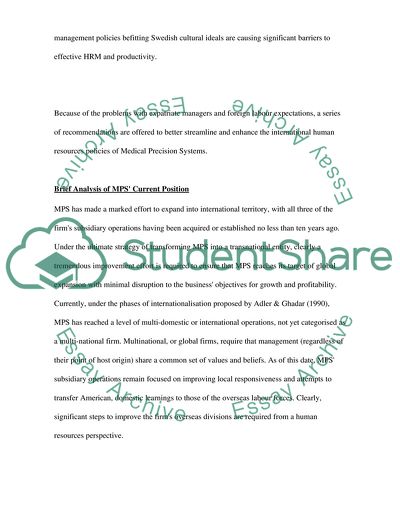Cite this document
(“IHRM Recommendations - Improving Subsidiary Performance Essay”, n.d.)
IHRM Recommendations - Improving Subsidiary Performance Essay. Retrieved from https://studentshare.org/human-resources/1540131-international-hrm-case-study
IHRM Recommendations - Improving Subsidiary Performance Essay. Retrieved from https://studentshare.org/human-resources/1540131-international-hrm-case-study
(IHRM Recommendations - Improving Subsidiary Performance Essay)
IHRM Recommendations - Improving Subsidiary Performance Essay. https://studentshare.org/human-resources/1540131-international-hrm-case-study.
IHRM Recommendations - Improving Subsidiary Performance Essay. https://studentshare.org/human-resources/1540131-international-hrm-case-study.
“IHRM Recommendations - Improving Subsidiary Performance Essay”, n.d. https://studentshare.org/human-resources/1540131-international-hrm-case-study.


